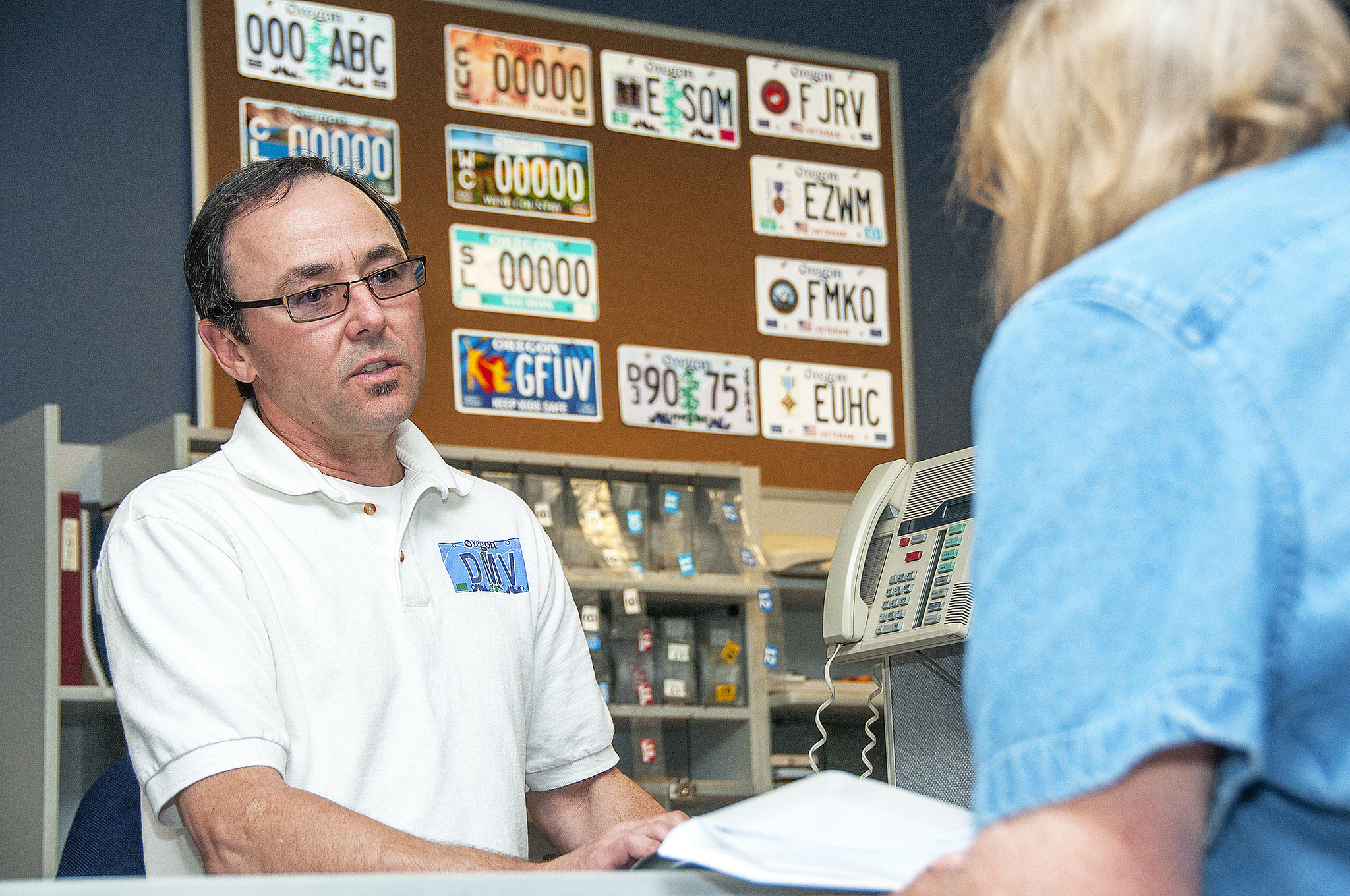The Unintended Downside of Self-Driving Cars You Didn't See Coming

By:
The future looks like it's coming with a fleet of self-driving cars and, with it, one major downside.
As Ian Adams and Anne Hobson point out in an article for Slate, the rise of driverless cars will result in the fall of organ donations and "we need to prepare for that now."
The link between self-driving cars and organ donation.
"Currently, 1 in 5 organ donations comes from the victim of a vehicular accident," according to Slate. "That’s why departments of motor vehicles ask drivers whether they want to be donors."
 Oregon Department of Transportation Follow/Flickr - flic.kr
Oregon Department of Transportation Follow/Flickr - flic.kr
The big perk of self-driving cars (aside from the idea that you could, maybe, possibly nap on your way to work) is that they're eliminating human error. The U.S. Department of Transportation estimated in a 2015 report, that 94 percent of car crashes happened because of errors made by the driver.
Christopher A. Hart, the chairman of the National Transportation Safety Board, said at a press conference that "driverless cars could save many if not most of the 32,000 lives that are lost every year on our streets and highways."
The organ donor statistics and the driverless car statistics appear to be at odds with each other, and that presents an interesting problem. "We’re all for saving lives — we aren’t saying that we should stop self-driving cars so we can preserve a source of organ donation," Adams and Hobson explained. "But we also need to start thinking now about how to address this coming problem."
Opt-in/Opt-out.
One solution Adams and Hobson offer is to change organ donor legislation, particularly the law that makes the sale of organs illegal, thanks to the National Organ Transplant Act of 1984. The law was enacted for fear of harvesting organs in a way would seem macabre, or even worse, exploit minorities or poor people.
"The ban hasn’t completely protected those populations, either," Slate reported. Illegal organ harvesting has created a black market for more common organs like "corneas, kidneys, liver, lung, intestines, [and] bone marrow," according to Decoded Science.
The United States could adapt the policies of other countries by working with a "presumed consent" rule, which means unless you make it known you'd like to opt-out, you would automatically be giving your consent for organ donation (or, "opt-out consent/affirmative opt-out").
Adams and Hobson point to a study done by BMC Medicine, which showed that "while the number of deceased donors is higher than the number of living donors, opt-out consent leads to a relative increase in the total number of livers and kidneys transplanted."
"Lifting barriers for potential organ donors isn’t just a matter of personal freedom."
Organ donation has always been a debate topic all over the world.
But Adams and Hobson argue, "Lifting barriers for potential organ donors isn’t just a matter of personal freedom. It will soon be a dire need. We don’t want to reduce preventable fatalities on the road only to preventively increase them for those waiting on the transplant list."
[H/T Slate]
